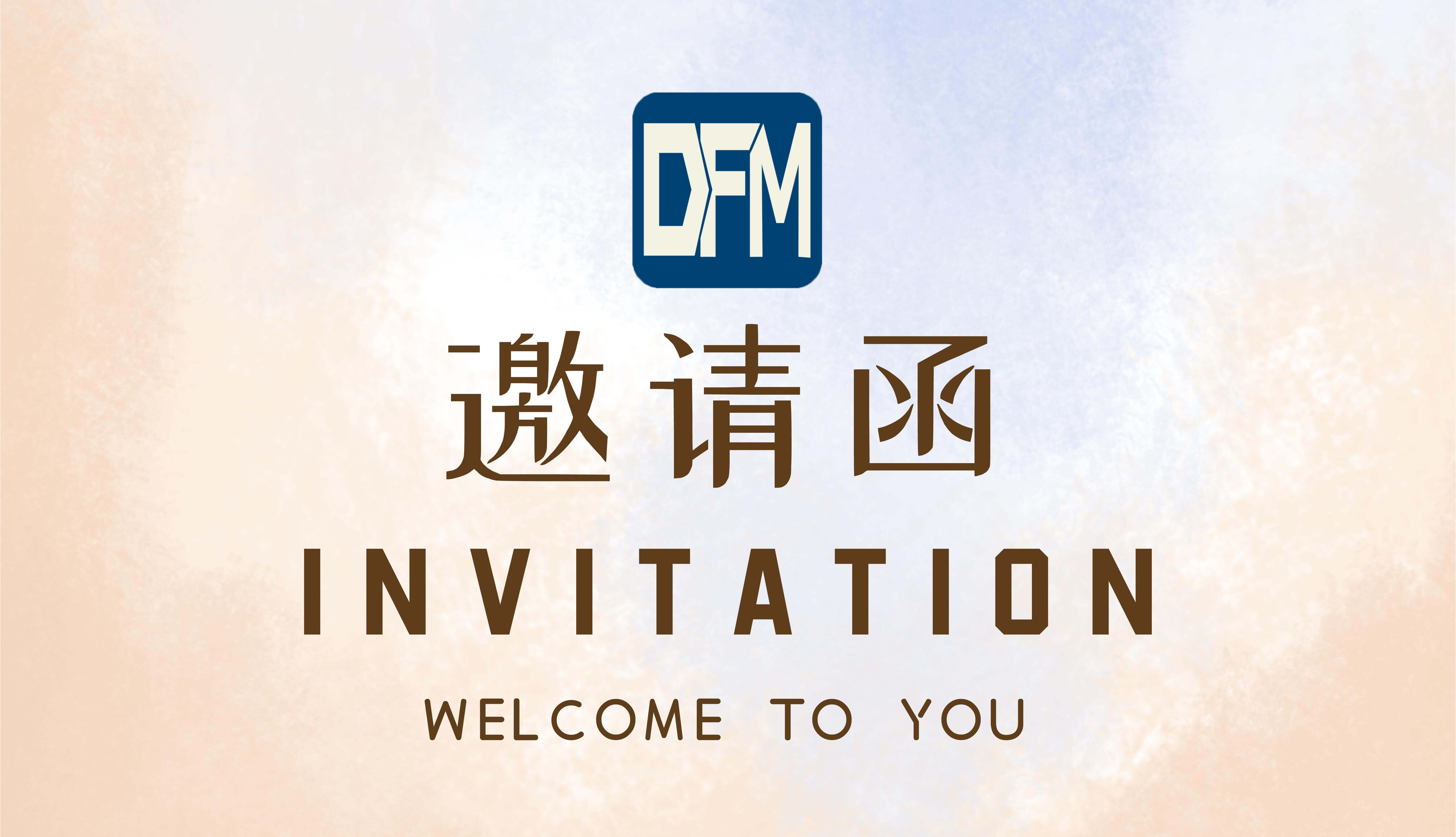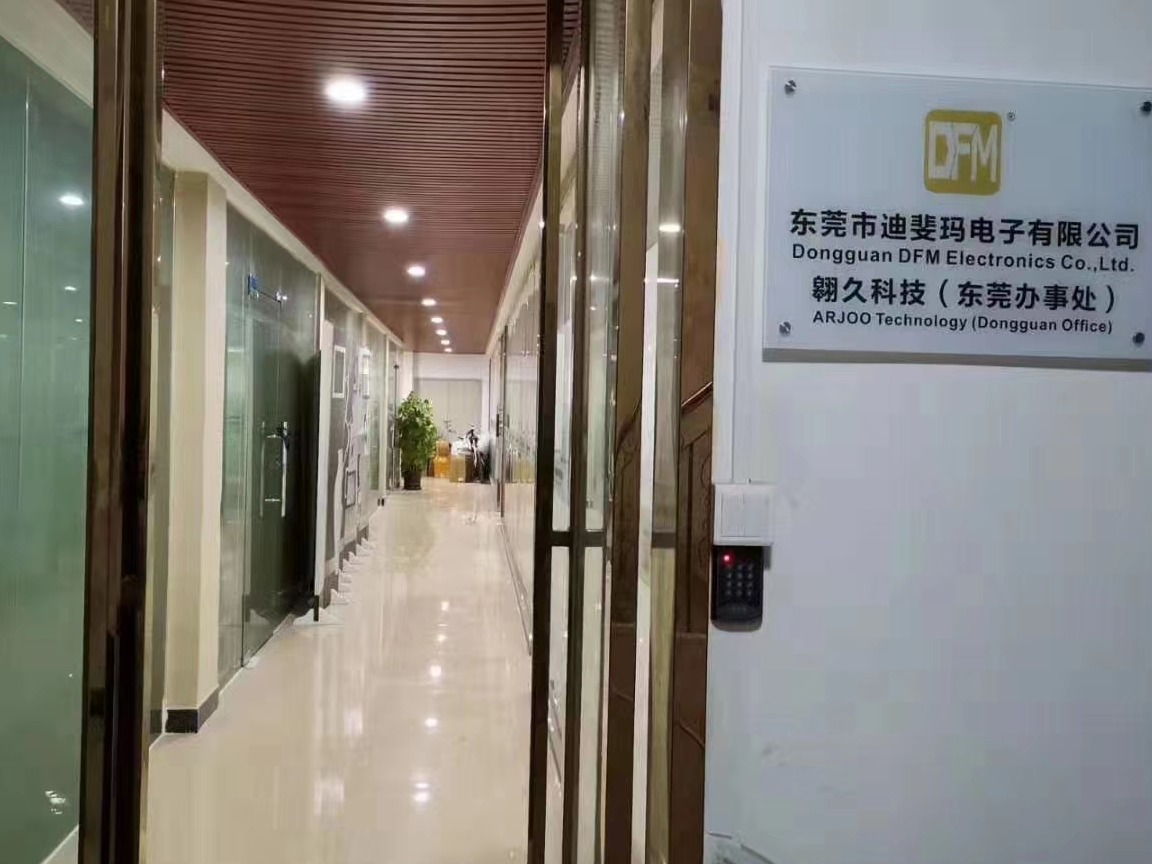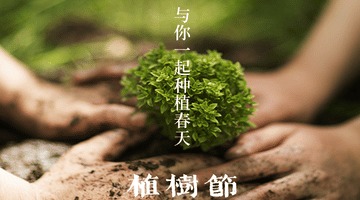The Qingming Festival, also known as the Cold Food Festival, is an important traditional festival in China, which usually falls on 4 April or 5 April each year, depending on the lunar calendar, around the beginning of the third month of the lunar calendar, and this year it is celebrated on the twenty-sixth day of the second month of the lunar calendar, which is 4 April on the solar calendar. Its main customs include sweeping tombs and remembering ancestors. This festival is not only a good time to commemorate ancestors and express nostalgia for them, but also a good time for people to go out to enjoy spring and trekking.
The origins and customs of the Qingming Festival are quite varied, with the central activity being tomb-sweeping (ancestor worship), in which family members will go to their ancestors' graves together, weeding, tidying up the graves, and making offerings of food, flowers, and paper money as a way of expressing their admiration and remembrance of their ancestors. In addition, kite flying is also one of the traditional customs during the Qingming Festival, especially in some areas, where it is believed that by flying kites, people can take away bad luck and diseases and pray for health and peace.

1. Legends of Origin
The Qingming Festival is closely related to the Cold Food Festival and its history can be traced back to the Spring and Autumn Period. The most famous origin legend involves Duke Chong Er of Jin (later Duke Wen of Jin) and his loyal servant Jie Zhi Pui. According to the legend, Jie Zhi Pui had burned himself on a mountain to protect Duke Chong Er during his exile. When Chong Er returned to the throne of Jin, in order to commemorate Jie Zhi Pui's loyalty and sacrifice, he ordered to avoid the use of fire on the day of his self-immolation and to eat cold food in his honor, which is the origin of the "Cold Food Festival". Later, the Qingming Festival was gradually merged with the Cold Food Festival to become a festival in honor of the ancestors.
2. History
With the passage of time, the customs and meanings of the Qingming Festival were gradually enriched and expanded. By the Tang Dynasty, Qingming Festival had become an official festival. In the Song Dynasty, the Qingming Festival and the Cold Food Festival were basically merged into one, and people not only commemorated the dead on this day, but also went out to trekking and enjoying flowers in the beautiful spring weather.
3. Formation of Customs
In addition to sweeping tombs and paying homage to ancestors, customs during the Ching Ming Festival also include planting willows, trekking in the greenery and flying kites. These customs reflect people's reverence for life and nature, as well as their nostalgia and remembrance of their loved ones. As for food, people make seasonal food such as green dumplings and caper dumplings to fit the theme of the festival.
4. Cultural significance
Qingming Festival is not only a simple commemoration, but it also carries people's deep understanding and respect for life and death, and for natural transformations. It is a manifestation of Chinese culture's commemoration and veneration of ancestors, knowledge of the cycle of life, and reverence for the natural world.

To sum up, the origin of the Qingming Festival has a long historical background, combining the remembrance of ancestors and the reverence for seasonal changes in nature, forming a festival with profound cultural significance. Its origin and evolution have gone through many stages, which include the development of legends, history and customs. It is not only to commemorate the sacrifice of a loyal official, but also a way of respecting and feeling for life, nature and the order of the universe. With the passage of time, the Qingming Festival has become an integral part of Chinese culture, and is widely celebrated and commemorated in Mainland China, Taiwan, Hong Kong and Macau, as well as in overseas Chinese communities.And on our way to trekking, tomb-sweeping, etc., have you ever thought of contributing to the natural environment which is rare and precious nowadays? If you want to, DFM can provide you with a new way of thinking.

 CN
CN







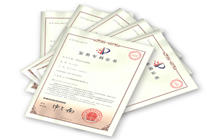


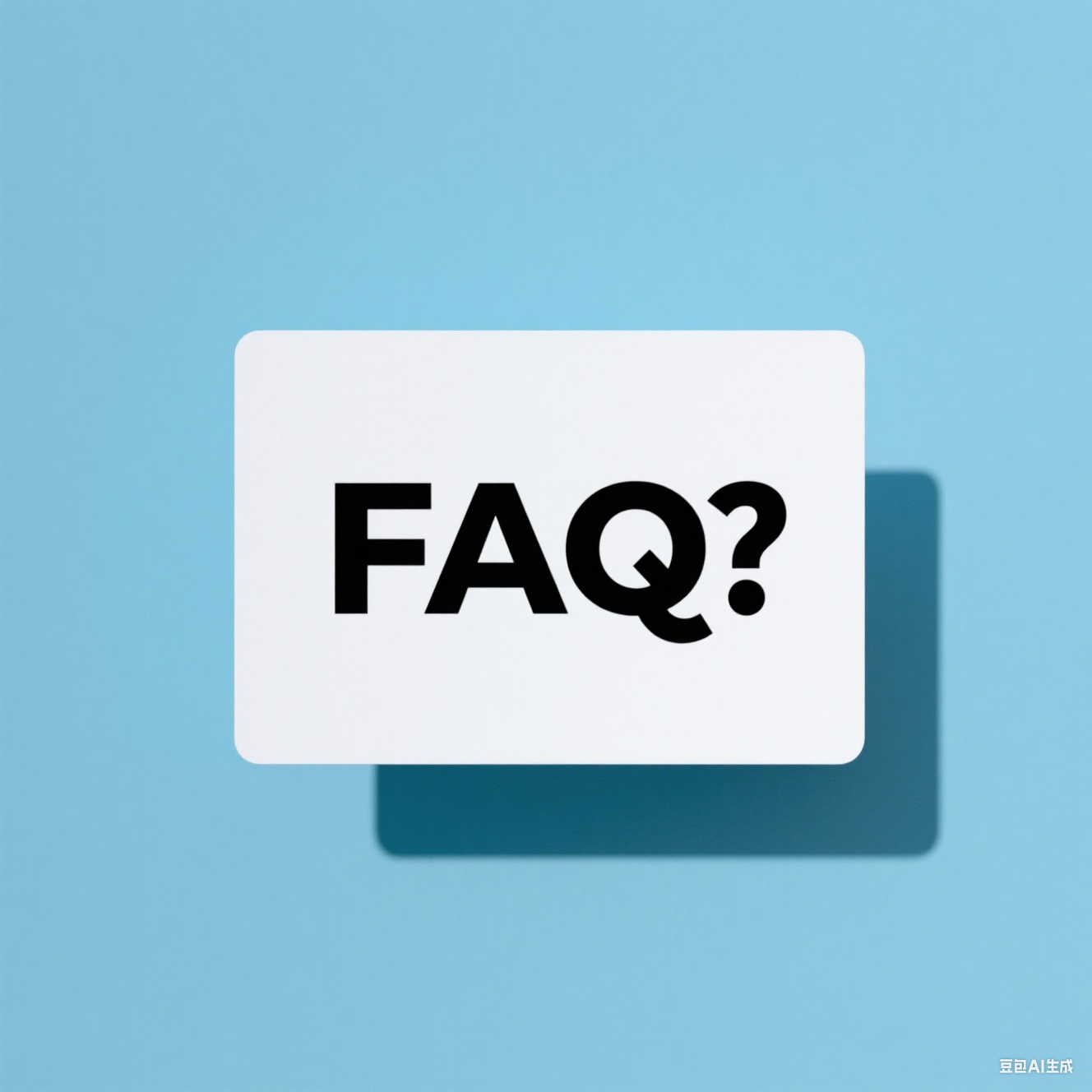

 Home
Home DFM
DFM  Apr 02,2024
Apr 02,2024 
 Mini of it, greatly useful!
Mini of it, greatly useful! 
 Jan 27,2024
Jan 27,2024 


